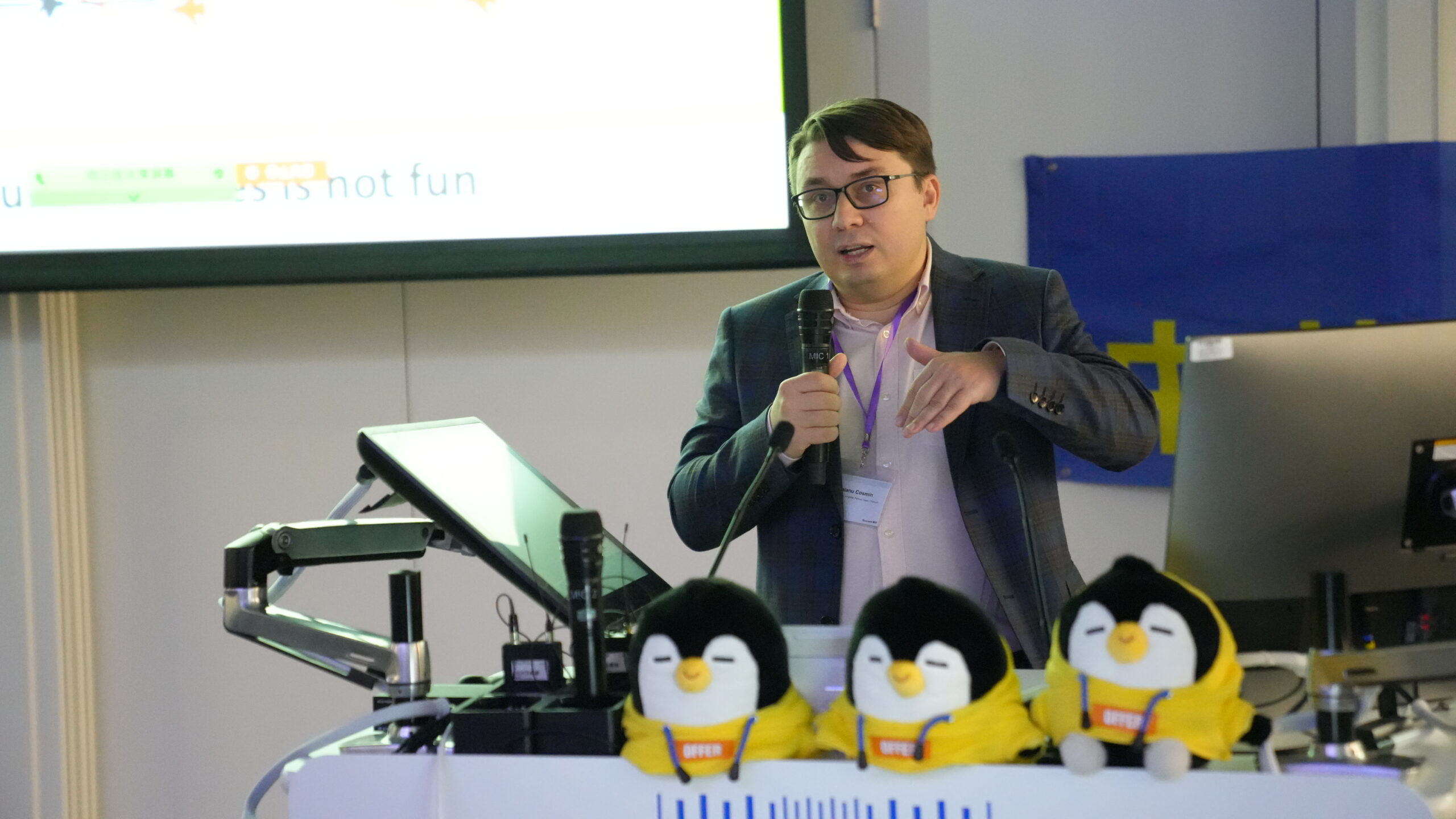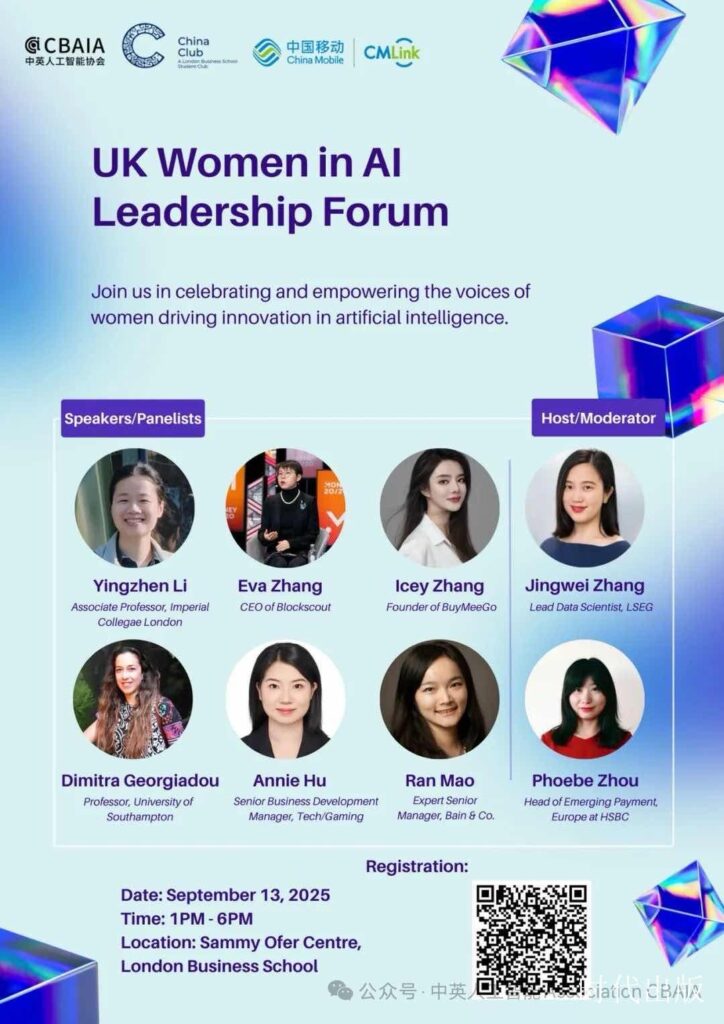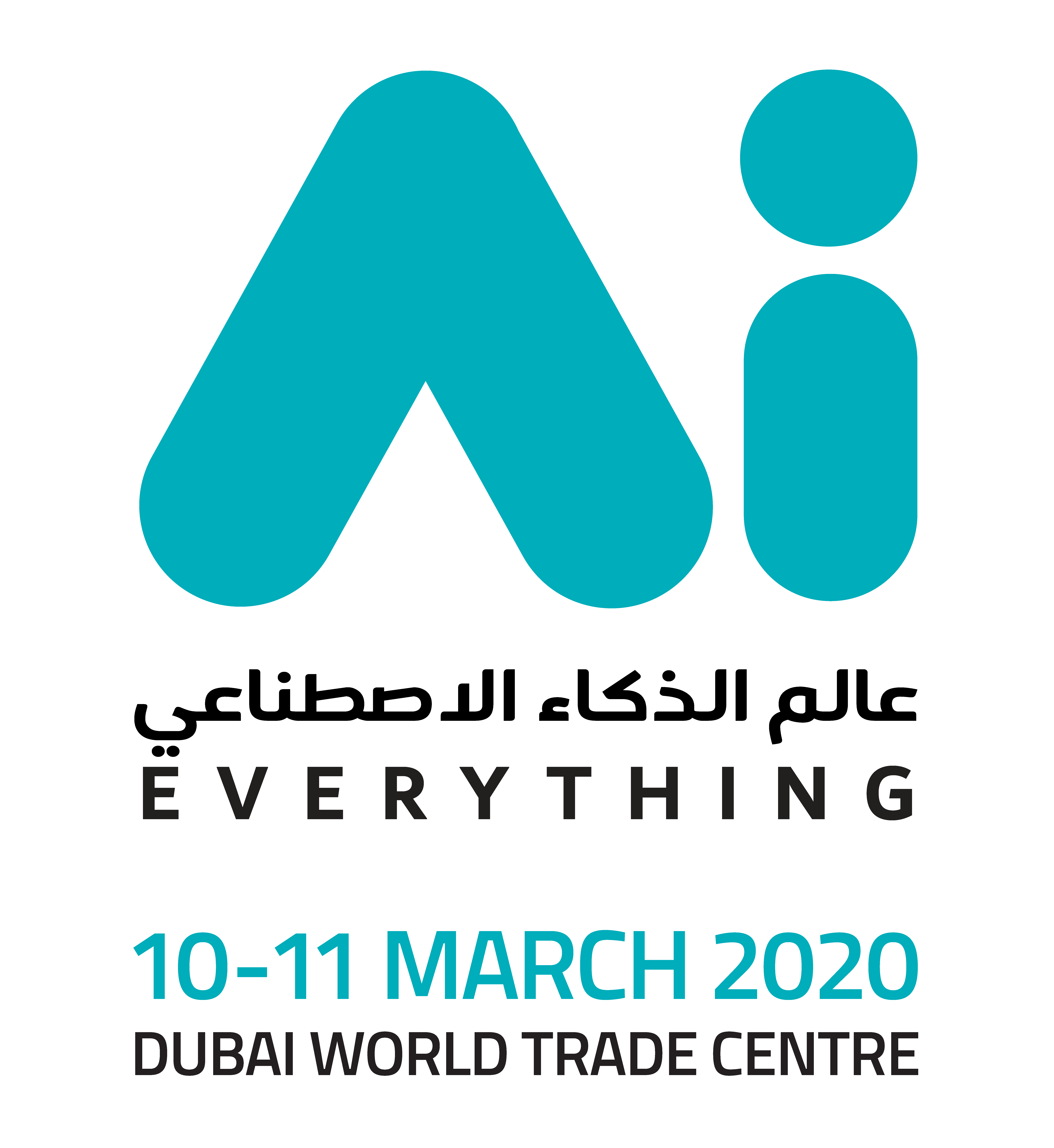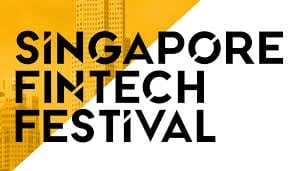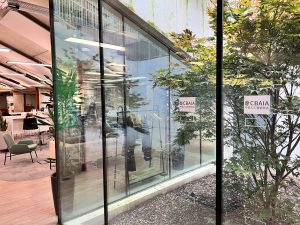“Reconstructing Value, Igniting New Momentum for Industry” – The WAIC AI Elite Night Shines Bright
(Reposted from Yicai)
The rapid development of artificial intelligence (AI) is driving an unprecedented transformation across China. As this new technological engine accelerates industrial innovation, existing industry value chains are undergoing swift reconstruction. With strong policy support and technological advancement, how will AI continue to empower industries and create new success stories?
“We are truly experiencing an extraordinary wave of global technological innovation,” said Li Rong, Deputy Director and Vice President of Shanghai Media Group, and Secretary of the Party Committee and Chairwoman of Yicai Media Group. “As AI becomes deeply integrated across industries, technology innovation has evolved from a challenge into a shared mission.”
On July 26, under the theme “Reconstructing Value, Igniting New Momentum for Industry”, the 2025 WAIC AI Elite Night took place at the Donghao Lansheng Shanghai World Expo Exhibition & Convention Center. Co-hosted by Yicai, Donghao Lansheng Exhibition Group, and the Shanghai Federation of Modern Service Industries, the event was academically supported by the Shanghai Artificial Intelligence Research Institute and the Shanghai Institute for the Development of Modern Service Industry, with special contributions from the China-UK Artificial Intelligence Association and the Big Data Center of the Shanghai Federation of Modern Service Industries.
Seizing the Moment to Build a Global AI Hub in Shanghai
Shanghai stands at the forefront of AI industrialization, not only equipped with strong research capabilities but also fertile ground for AI application and innovation thanks to its rich industrial resources and ecosystem. In alignment with President Xi Jinping’s call to build a globally influential science and technology innovation hub, Shanghai is accelerating its support for AI development through infrastructure, talent cultivation, and ecosystem building.

Cheng Peng, Secretary of the Party Committee of the Shanghai Municipal Commission of Economy and Informatization, stated in his opening speech that the AI industry is at a historic inflection point. He emphasized that Shanghai has been actively implementing national strategies and is striving to build a world-class AI industry cluster, achieving threefold growth in innovative enterprises, industry scale, and talent. He encouraged enterprises to seize this golden era of rapid AI iteration and work collectively to promote the industry’s prosperity.

As a representative of the organizers, Sun Jianping, President of the Shanghai Federation of Modern Service Industries, former Chairman of the Supervisory Board of SPD Bank, and former Secretary of the Jing’an District Committee, remarked that AI is reshaping the global industrial landscape in an irreversible way. He highlighted Shanghai’s role as a pioneering hub, bringing together all segments of the AI value chain—from hardcore R&D to application pilots. He expressed hope that through continued exchange of practices, new innovation patterns would emerge to transform technological potential into industrial momentum.

Zhou Jin, Vice President of Donghao Lansheng (Group) Co., Ltd., shared insights from years of organizing the WAIC, stating that true value reconstruction goes beyond technological breakthroughs—it requires deep integration with real-world scenarios and coordinated ecosystem evolution. She emphasized the importance of discovering application-driven innovation, fostering cross-sector collaboration, and enhancing the ecosystem to transform Shanghai into a truly intelligent AI city.

Li Rong further noted that with continuous breakthroughs in foundation models, general AI, and embodied intelligence, the transition from technology to industry is accelerating. Yicai recognizes that innovation must evolve from isolated advances to coordinated ecosystems, and media should become enablers and accelerators—not just recorders. Yicai is committed to long-term collaboration with academia and industry, offering precise, ecosystem-driven services to accompany and empower scientific and technological innovation.
Ecosystem Support to Overcome AI Industrialization Challenges
While China’s AI industrialization is enjoying a golden growth phase, many companies still face practical obstacles in scaling and deployment. Collaborative ecosystem support is crucial in resolving these challenges. During the Elite Night, multiple service offerings were announced to accelerate AI adoption across industries.
One major launch was Yicai’s “1 Sci-Tech” ecosystem platform, a strategic move to deepen service innovation and empower science and technology enterprises.

Yang Yudong, Editor-in-Chief of Yicai, explained that the platform’s core advantage lies in supporting the full lifecycle of innovation and connecting key ecosystem stakeholders. The platform shifts away from product-centered thinking and traditional media boundaries, embracing a model that integrates storytelling with real-world projects and combines general tools with hybrid capabilities.
With its “Project-as-Scenario” approach, the platform targets the entire ecosystem—research, technology, capital, talent, and enterprises—across five scenario categories: Momentum, Advantage, Generation, Innovation, City (forming the acronym “MAGIC”). This enables content to be taggable, projects to be structured, and user needs to be scenario-driven, making each element reusable, scalable, and cluster-friendly.

Future plans include evaluation frameworks, rating tools, a Sci-Tech project database, and solutions for industry-finance integration, urban development, education-industry fusion, and investment analysis—driving value discovery and professional services forward. “We must distill our core strengths and connect them to real-world scenarios,” Yang said, “That’s how media creates true ecosystem value.”
Meanwhile, Hi! WAIC, an AI-powered intelligent assistant jointly developed by Donghao Lansheng subsidiaries Wekey Gravity and MetaData Technology, was unveiled as the exhibition’s “super volunteer.” Qiu Haoming, Vice President of Donghao Lansheng Exhibition Group, noted that the company has built substantial data resources over WAIC’s seven-year history. Hi! WAIC leverages those assets to upgrade the service experience, positioning itself as a smart brain behind the exhibition, enhancing interactivity and global competitiveness.

At the event, leading institutions including the Shanghai Federation of Modern Service Industries, Yicai, Donghao Lansheng, Shanghai Artificial Intelligence Research Institute, Kingdee, Shanghai North High-Tech, Huizheng Finance, and the China-UK AI Association jointly launched the “2025 AI Industry Application Map.” The map outlines AI applications in core sectors such as healthcare, manufacturing, finance, and education, identifying pathways from technology development to real-world deployment, connecting technology providers, users, and platforms.
This authoritative, innovative tool introduces a panoramic model for “key industries × application scenarios × ecosystem players,” clarifying the full journey of AI from basic research to applied outcomes. It will provide guidance for government planning, trend forecasting for industry institutions, and actionable roadmaps for enterprises, forming a “Shanghai Solution” for national AI ecosystem development.


From Frontier Technology to Real-World Use Cases
As AI infrastructure matures and model deployment costs drop, the commercial potential of vertical large models across various industries is coming into sharper focus. Experts from top research institutes, AI startups, application leaders, and service providers shared insights into emerging AI trends and real-world integration.

Li Zhu, Chief Scientist of the China-UK AI Association and Senior Research Fellow at the Gatsby Computational Neuroscience Unit, discussed AI in pharma through a global regulatory lens. He pointed out that policy direction is a critical signal for AI deployment in the pharmaceutical sector. Recent regulations in China, Europe, and the US are accelerating AI enthusiasm in drug development. “When AI becomes deeply integrated, drug R&D could be reduced to 3–6 months,” he said. “If that day comes, it will bring about a healthier, safer world—that’s the ultimate dream for many in our field.”

Zhao Yanxi, Executive VP of Kingdee China, spoke about AI in enterprise management. He outlined how AI is transforming operations, service models, and organizational culture. He predicted that the next 3–5 years will see deep convergence between SaaS applications and intelligent agents, pushing forward a unified approach: platform + data + SaaS + intelligent agents.

A roundtable titled “Value Creation Through AI Applications” featured thought leaders from academia, enterprise, and finance. They tackled sector-specific barriers and breakthroughs across industries.

Gu Cheng, Chairman of Jiaoxin Beidou (Hainan) Technology, emphasized that identifying real-world demand is crucial—especially in traditional industries like transportation. His company focuses on applying AI and spatial big data to solve safety issues, targeting insurance companies’ demand for high-quality traffic data as an entry point.
Ru Yi, Founder & CEO of Liweike Technology, showcased their flagship AI glasses. He explained that optimal AI-user interaction requires wearable, lightweight (under 40g), always-on smart assistants. “Just as phones became smartphones and TVs became smart TVs, in the next decade, glasses will become smart glasses,” he envisioned.
Shen Hao, Deputy Chief Engineer at the Shanghai AI Research Institute, highlighted AI’s growing role in both in-hospital and out-of-hospital care, especially in translational medicine, diagnostics, treatment decision-making, and drug development.
Yang Shoujun, Chief Strategist at Huizheng Finance, emphasized the role of network effects and user stickiness in building competitive AI products. He noted that while predicting when a sector will take off is difficult, some sectors—like AI—are simply must-invest opportunities.
Gen Z Steps Into the Spotlight of AI Innovation
2025 marks a rocket-like acceleration in AI development. As digital natives, Gen Z innovators are increasingly stepping into leadership roles—and their views are helping shape the future direction of AI.

In a unique talk show-style session titled “Mid-Year Talk: I Think, Therefore I Z AI”, four Gen Z representatives shared bold thoughts, critiques, and creative takes on the AI era.

Teng Jiaye, Assistant Professor at Shanghai University of Finance and Economics, gave a talk titled “Machines Don’t Learn”, questioning the common optimism around large models. “Training AI isn’t easier than raising kids—it’s costly and unpredictable,” he warned. “Are we truly ready to bet humanity’s future on large models?”

Wang Yi, Founder & CEO of Anban InfoTech, described himself as being in a love-hate relationship with AI. “Deciding what makes a good AI or a bad one is the defining question of our time,” he said. “With AI’s rise, maybe being humanity’s final line of defense against awakened AI isn’t such a fantasy after all.”

Ma Handong, Co-founder of Senyi Medical, reflected on career anxiety in the AI age. “AI will eventually know everything we know. But it’s not my shareholder yet—it can’t guide me through the unknown. That’s where my value still lies,” he said.

Shu Qiang, Founder and Chairman of Tongyu AutoTech, presented a new vision for intelligent vehicle chassis. “In the future, car chassis won’t just be the legs—they’ll be the brain,” he explained. AI-powered chassis will offer adaptive safety, driving enjoyment, and even emotional understanding—transforming from a ‘steel jock’ into a ‘high-IQ warm guy.’”
WAIC Elite Night 2025 showcased not only the latest in AI technology, but also how China’s innovation ecosystem is actively turning possibilities into progress. From ecosystem platforms and real-world applications to youth innovation and cross-sector collaboration, the event highlighted Shanghai’s ambition to become a global beacon of AI-driven development.

